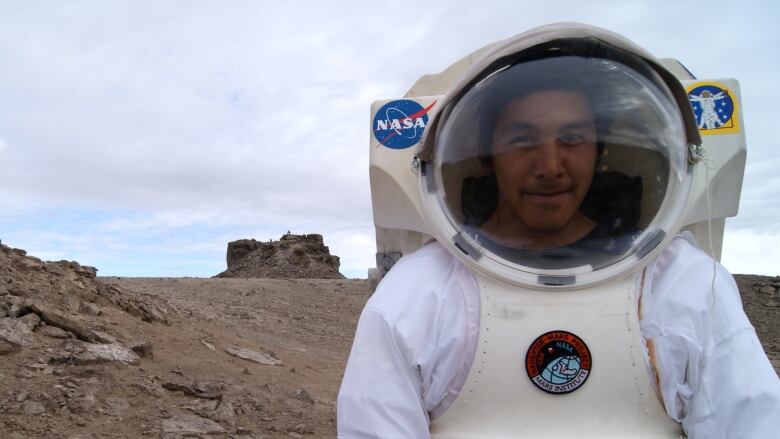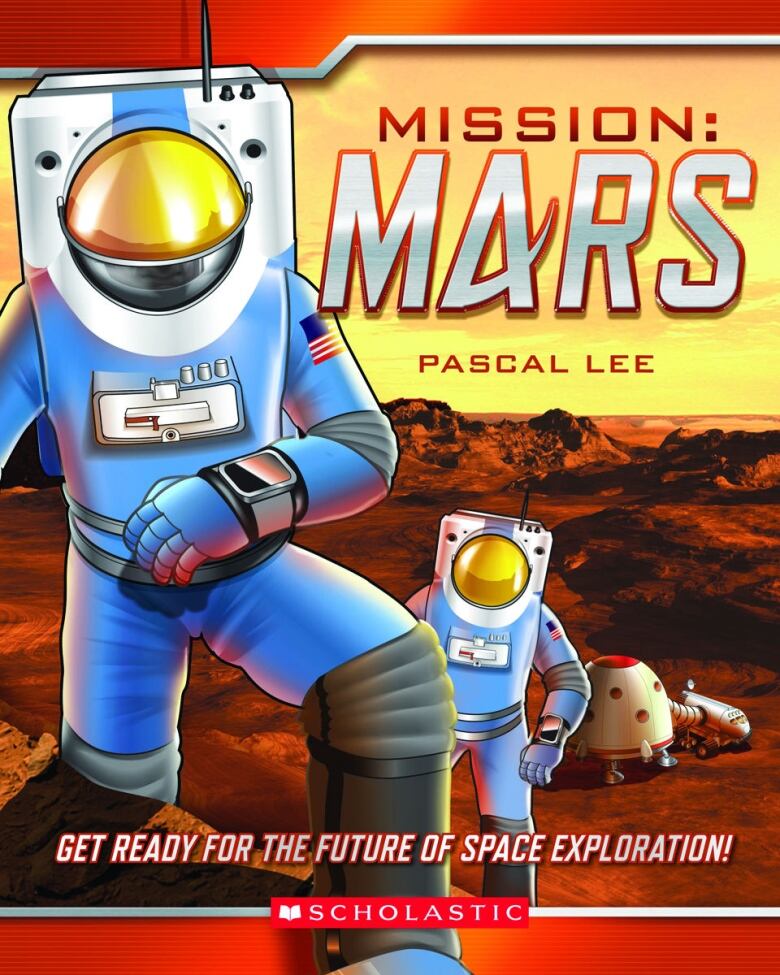Nunavut island stars in childrens book about Mars

For the past 17 years, Pascal Lee, a planetary scientist with the Mars Institute, has spent every summeron an uninhabited island that lies between Baffin Island and Ellesmere, simulating exploration on Mars. Now Devon Island plays a starring role in his first childrens book about the possibility of humanstravellingto the red planet.
When I was growing up people were walking on the moon and I thought that was the most exciting thing possible, says Lee, who also does research for NASA. Thats what got me into science and engineering in the first place.

Lees book was designed to get kids interested in reading, and the possibility of heading into outer space. It takes them on a trip to go and explore Mars, and it prepares them for that trip.
The book is designed like a training manual. The first part is an introduction to Mars, including whats fun about the planet, and whats dangerous.
Part two is an actual training program where kids are shown where they might go to practice to explore Mars. And the best place in the world that I can think of to go practice is where we go every summer, up on Devon Island in Nunavut.

It also includes information onATVs, which Lee says his research shows are probably the best way for astronauts to get around.
Devon Island, Lee says, has already taught science much about space exploration. Its really an incredible place and I do believe that one day when humans walk on Mars they can look back at earth and they can think back at Devon Island where they would have gone training before the great voyage.
Private efforts are now underway to try to reach Mars. Lee says NASA and its partners hope to reach the planet by 2030-2035well within the lifetime of children today.
Its an exciting time to grow up in, Lee says. Even though its still far off, its not unrealistic.












_(720p).jpg)


 OFFICIAL HD MUSIC VIDEO.jpg)
.jpg)



























































































